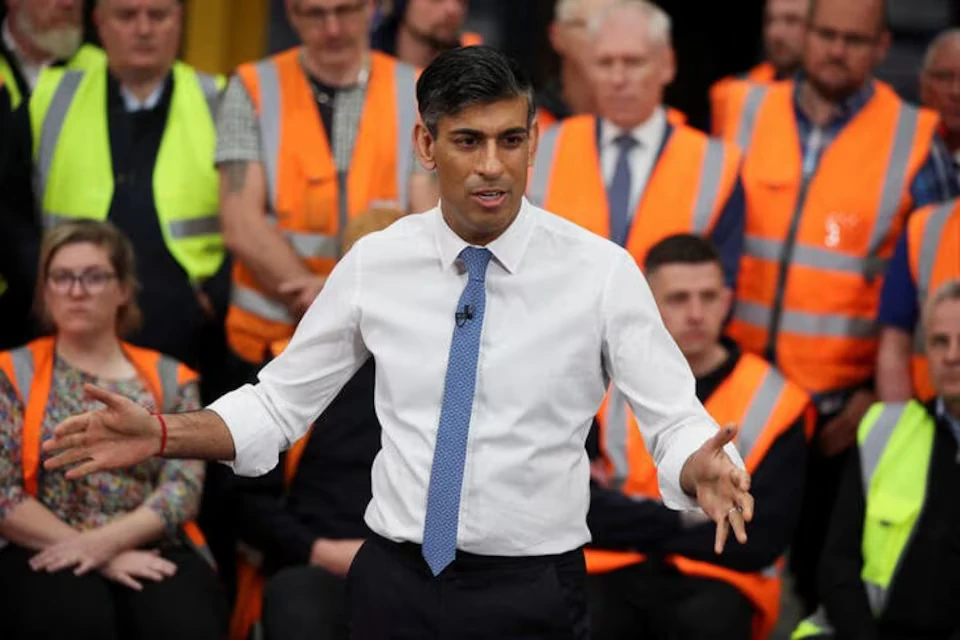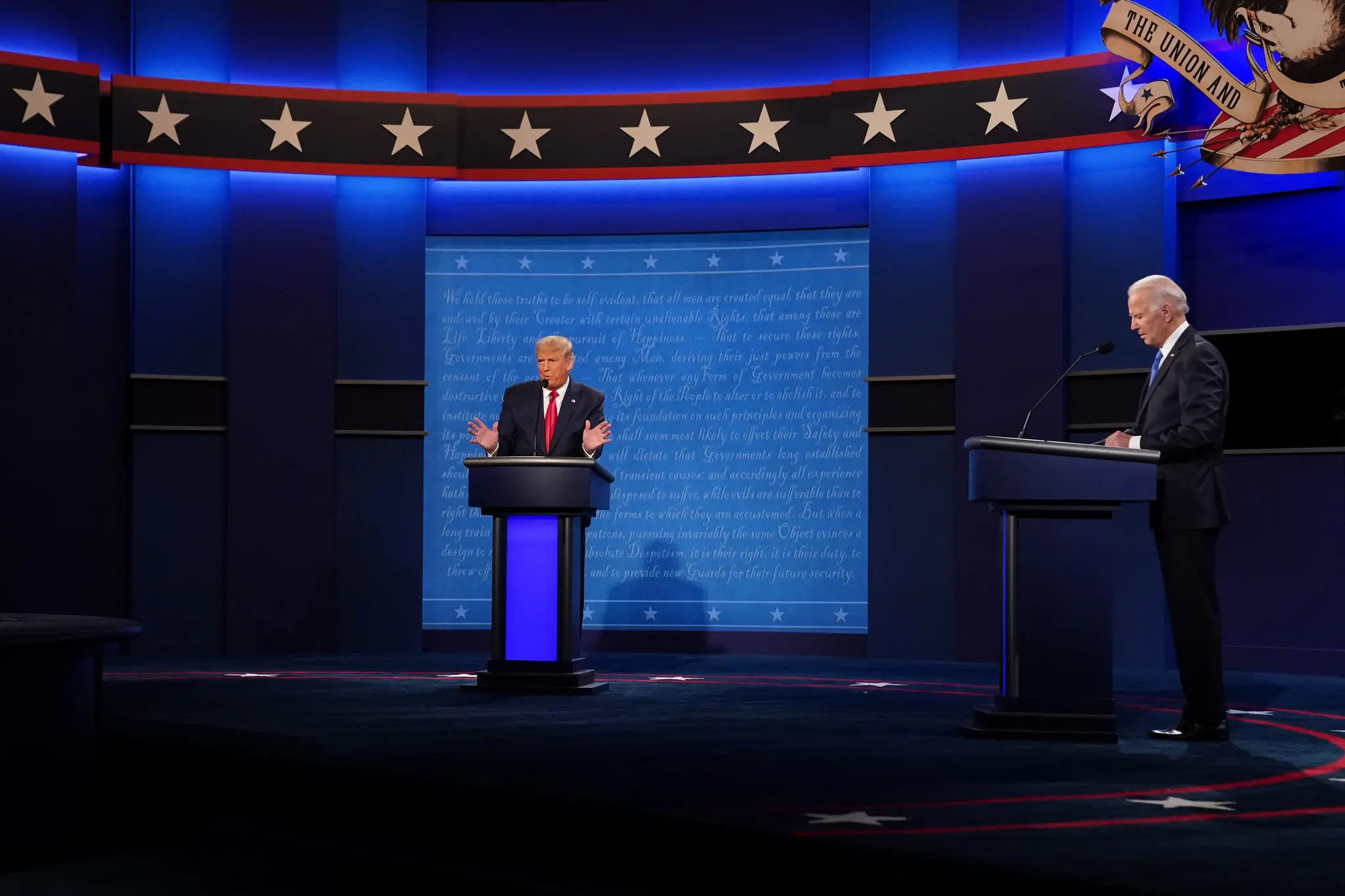British Prime Minister Rishi Sunak and Labour Party leader Keir Starmer began their election campaigns on Thursday, each asserting that they alone can lead the nation out of its economic and political struggles. Sunak’s Conservatives have been trailing Labour by around 20 percentage points in polls since he became prime minister in October 2022. His decision to call for an early election on July 4 surprised and upset many within his party.
Sunak argued on Thursday that the economy is improving and that he has a strategy to combat illegal immigration. However, with a 21% increase in prices over the past three years and the national health service overwhelmed by record waiting times, convincing voters that the UK is on the right path may be challenging. Sunak told voters in central England, “Even though there’s more work to do and I know it will take time for you to see the benefits, the plan is working.”
Sunak announced his decision in the rain outside Downing Street on Wednesday, struggling to be heard over protesters playing “Things Can Only Get Better,” a song associated with Labour’s landslide victory in 1997. He also admitted on Thursday that the first flights to send illegal immigrants to Rwanda, a policy embroiled in legal challenges, would not commence before the election.
The stakes are high, as control of the world’s sixth-largest economy, plagued by low growth, high inflation, and ongoing struggles to succeed post-Brexit, is at play. The economy, migration, defence, health, and security are expected to be key electoral issues.
Polls indicate that voters desire change, even if they are not highly enthusiastic about Starmer and the Labour Party. This sentiment follows 14 years of Conservative rule marked by political turmoil and cultural disputes. Starmer told voters in Gillingham that he aims to renew, rebuild, and reinvigorate Britain, focusing on deprivation and invisible barriers to social mobility.
If Labour wins, Starmer, the former chief prosecutor who has moved Labour’s politics back to the centre, would become Britain’s sixth prime minister in eight years. This high turnover underscores the turmoil in a country once known for political stability.
As the campaigns commence, parliamentary activity is expected to increase. The government must decide which legislation to prioritize, including Sunak’s plan to impose some of the world’s strictest anti-smoking rules. With the early election, all parties are rushing to secure candidates for every seat.










